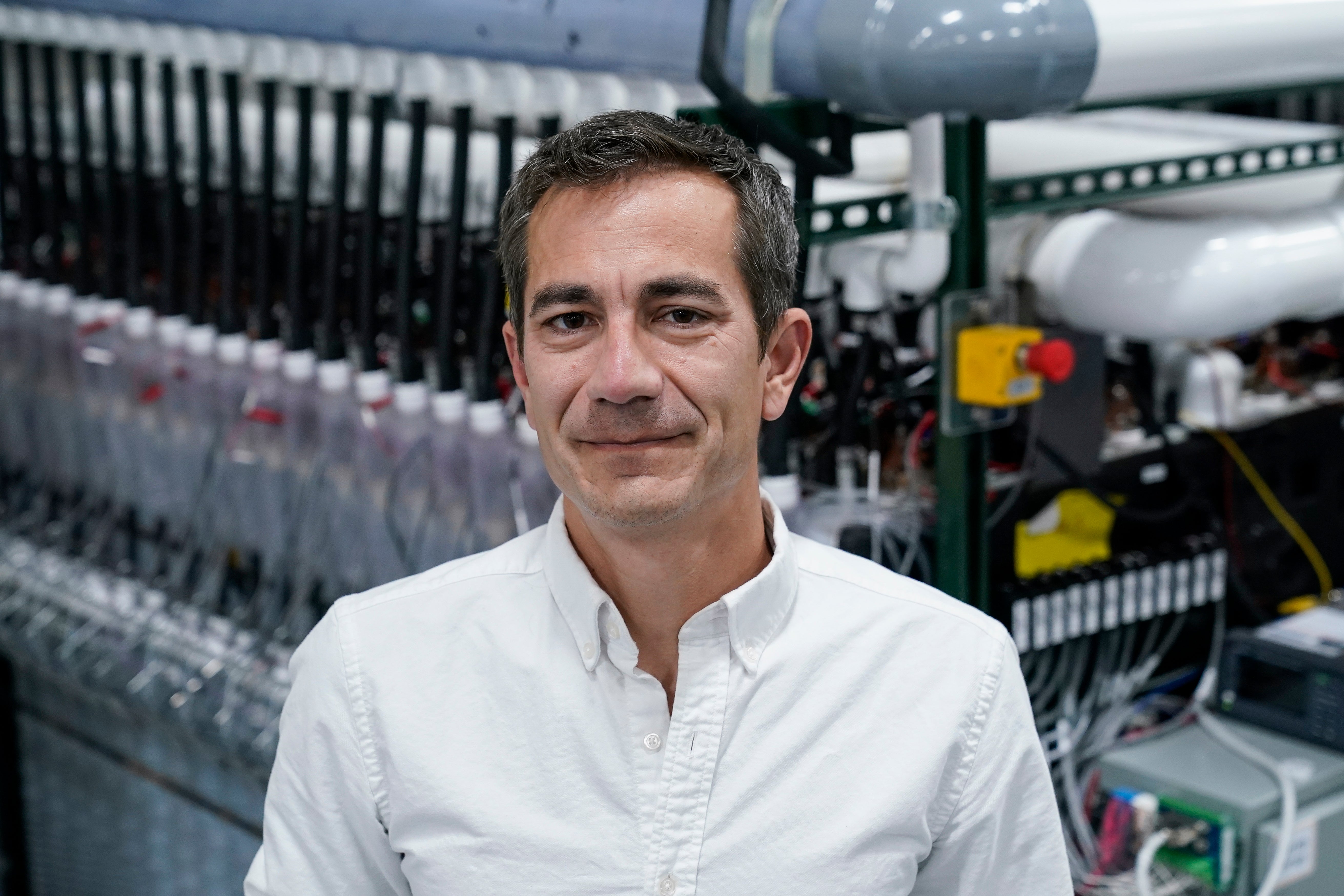Climate solution: Form Energy secures $405M to speed development of long-awaited 100-hour battery
Form Energy, a company that is beginning to produce a longer-lasting alternative to lithium batteries, hit a milestone Wednesday with an announcement of $405 million in funding

Your support helps us to tell the story
From reproductive rights to climate change to Big Tech, The Independent is on the ground when the story is developing. Whether it's investigating the financials of Elon Musk's pro-Trump PAC or producing our latest documentary, 'The A Word', which shines a light on the American women fighting for reproductive rights, we know how important it is to parse out the facts from the messaging.
At such a critical moment in US history, we need reporters on the ground. Your donation allows us to keep sending journalists to speak to both sides of the story.
The Independent is trusted by Americans across the entire political spectrum. And unlike many other quality news outlets, we choose not to lock Americans out of our reporting and analysis with paywalls. We believe quality journalism should be available to everyone, paid for by those who can afford it.
Your support makes all the difference.Form Energy, a company that is beginning to produce a longer-lasting alternative to lithium batteries, hit a milestone Wednesday with an announcement of $405 million in funding.
The money will allow Form to speed up manufacturing at its first factory in Weirton, West Virginia and continue research and development.
Manufacturing long-duration energy storage at a commercial scale is seen as essential for lowering carbon emissions that are causing climate change, because it makes clean energy available when the sun isn’t shining or the wind isn’t blowing.
“I’m incredibly proud of how far our team has come in scaling our iron-air battery technology," Mateo Jaramillo, CEO of Form Energy, said via email.
Investment company T. Rowe Price led the funding. GE Vernova, a spin-off of General Electric’s energy businesses, and several venture capital firms were also involved.
"With this new funding ... we’re ready to accelerate multi-day battery deployments to meet the rising demand for a cleaner, and more reliable grid. I’m grateful for our team’s hard work and the trust our partners have placed in us as we push toward our mission of building energy storage for a better world.”
Lithium batteries typically last four hours. Form is one of many companies pursuing entirely different chemistries. Its batteries use iron, water and air and are able to store energy for 100 hours, meaning if they work at scale, they could bridge a period of several days without sunlight or wind. Iron is also one of the most abundant elements on Earth, which the company says helps make this technology affordable and scalable.
In collaboration with Great River Energy, the company broke ground on its first commercial battery installation in Cambridge, Minnesota in August. It's expected to come online in 2025 and will store extra energy that can be used during times of higher electricity demand.
Other Form Energy batteries in Minnesota, Colorado and California are expected to come online next year. There are projects in New York, Georgia and Virginia set for 2026.
To date, Form Energy has raised more than $1.2 billion, including several hundred million from state and federal governments.
_____
The Associated Press’ climate and environmental coverage receives financial support from multiple private foundations. AP is solely responsible for all content. Find AP’s standards for working with philanthropies, a list of supporters and funded coverage areas at AP.org.